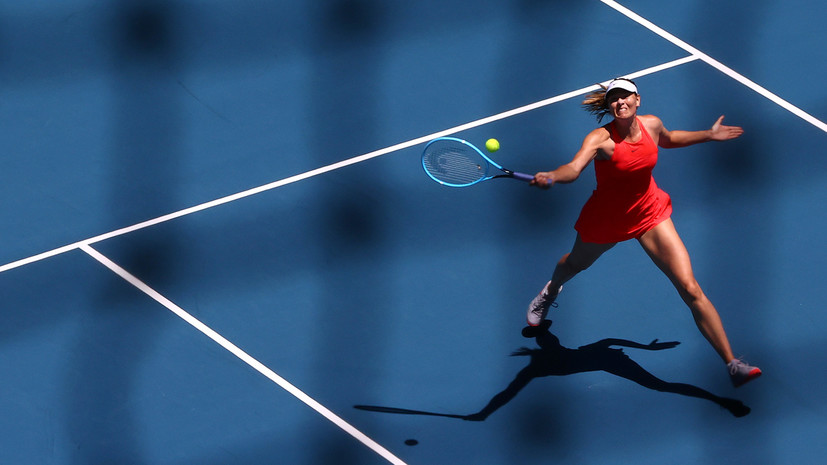“When I was young, I noticed that my health was not in order. For this reason, my father began looking for a personal doctor in Russia. Despite the fact that we lived in the USA, it was more comfortable for him to find a Russian-speaking doctor - this would make it easier for them to communicate. He found a doctor, but unfortunately he was not a sports doctor. We did a series of tests and he prescribed medication. One of them was mildronate - it is sold without a prescription in Russia and is taken along with ordinary aspirin, ”Punto de Break quotes Sharapova.
According to her, since 2006, she almost regularly took mildronate, while she constantly underwent doping tests, as a result of which nothing prohibited was found until 2015.
“In 2013, I changed my doctor, but continued to take mildronate. In 2016, it was banned. At the end of 2015, I asked my manager (Max Eisenbad - RT .) To check the updated list of prohibited drugs, but he did not - at that time he had personal problems, ”added Sharapova.
Sharapova received a 15-month suspension for an anti-doping rule violation, after which she returned to court in 2017.
Sharapova announced her retirement from her professional career at the end of February. The 32-year-old Russian woman is the winner of five Grand Slam singles tournaments, as well as 39 WTA tournaments, 36 of which are singles. She also won the 2004 WTA Final Tournament.
As part of the Russian national team, she won the 2008 Federation Cup, and also became the silver medalist of the 2012 Olympic Games.
Earlier, Sharapova admitted that she was afraid of going crazy during the disqualification.

